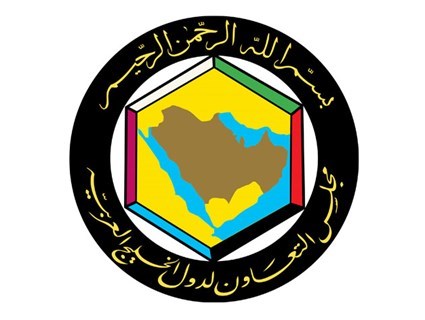GCC Ministerial Council Voices Grave Concern over Kidnapping of Qatari Nationals in Iraq

New York/Information Office/18 September 2016/ The Ministerial Council of the Gulf Cooperation Council (GCC) expressed once again its grave concern over the kidnapping of Qatari Nationals in Iraq who entered the country with official permission from the Iraqi Interior Ministry, and in coordination with the Iraqi Embassy in Doha. In a statement issued at the end of the 104th session held in New York, the GCC Ministerial Council underlined that this terrorist act is a flagrant violation of international law, a violation of human rights and is contrary to the provisions of Islam, and offends the bonds of fraternal relations between the Arab brothers. The statement affirmed the Council's full solidarity with the Government of the State of Qatar and its support in any action taken, and hopes that contacts with the Iraqi government would lead to the release of hostages and their safe return to their country, calling on the Iraqi government to shoulder its responsibility of ensuring the safety of the hostages and their release. The Ministerial Council reaffirmed the GCC firm positions towards terrorism and extremism in all its forms and manifestations, and its refusal to its motives and justifications, and whatever its source, and its absolute commitment to fight extremist ideology that aims at distortion religion of Islam. The Council stressed that tolerance and coexistence between the nations and peoples are among the most important principles and values of the GCC communities. The statement strongly condemned the suicide bombings in Saudi Arabia in the holy month of Ramadan near the Prophet's Mosque in Medina, the province of Qatif and Jeddah, considering those terrorist bombings appalling crimes that are contrary to all human values and moral principles, stressing the GCC countries' support for the Kingdom in all measures taken to protect its security and stability and to maintain the security and safety of visitors to the holy places. The Council stressed the need to intensify coordination and cooperation to meet the challenges facing the region and to eliminate the threats of terrorism, and to work to drain its resources, in order to strengthen the region's security and stability.

